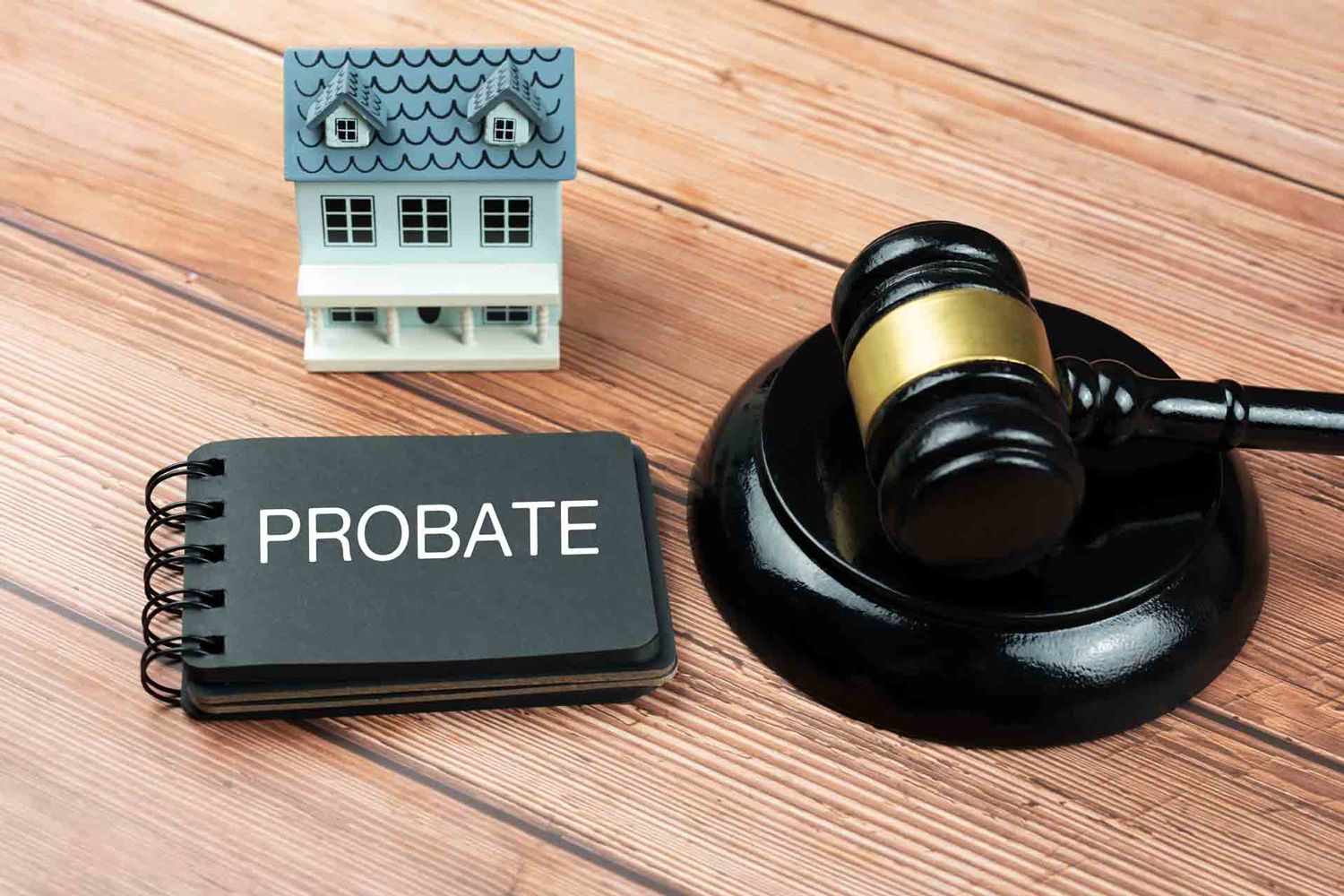Probate Attorneys in Las Vegas, Henderson, and Pahrump, Nevada
What Is Probate?
Probate is the legal process that occurs after a person passes away. It includes:
- Validating the decedent’s will,
- Identifying and inventorying the decedent’s estate,
- Paying debts and taxes, and,
- Distributing the remaining property to the correct beneficiaries.

Dying Without A Will
If a person died without a will, the person is referred to as dying intestate and the person’s property will be divided and distributed according to state law.
At Roland Law Firm, our probate attorneys have more than 30 years of combined experience. They have helped clients with various probate law issues and concerns. Our lawyers not only help a personal representative administer a lost loved one’s estate. As well, we assist clients to prepare for the probate of their estates prior to their passing.
Please read the following areas of practice in which our Las Vegas probate attorney can help:
Avoiding Probate
There are various ways to avoid probate of your estate. Certain assets, such as life insurance proceeds and tax-deferred retirement plans do not go through probate. And probate items, such as property and other assets, may avoid probate if a person creates certain types of trusts, accounts, securities, and/or ownerships.
To schedule a case evaluation to discuss your unique probate questions and needs, please call our office at
702-452-1500.
Estate Tax
Estate tax does not exist in the State of Nevada. For state law purposes, the estate does not pay a tax after a person passes away, nor do beneficiaries have to pay an inheritance tax upon receiving parts of an estate.
However, an estate may still have to pay a federal estate tax if the assets are over $5 million.
Creating an estate tax plan allows individuals and their families to safeguard their assets and provide protection for their loved ones.
Probate Law
- Probate is a complicated court-supervised process that involves:
- Validating a will,
- Appointing an executor or personal representative, and,
- Administering an estate.
Contact us to speak with one of our probate law lawyers to learn more about the probate process in Nevada.
Probate Process
Depending on the decedent’s estate, the probate process may be a simple or complex process.
The probate process involves the personal representative:
- Collecting a loved one’s assets and property,
- Inventorying said items,
- Paying necessary taxes and debts, and,
- Distributing the remaining assets to the rightful beneficiaries.
Beneficiaries are determined by what a will states, or if a will does not exist, by Nevada State law.
Wills And Trusts
Wills and trusts are essential estate planning documents.
Wills allow the creator to:
- Name a beneficiary for their minor children,
- Elect an executor for their estate, and,
- Determine which of their assets and property will go to certain people after the creator passes away.
Depending on the type of trust, a trust may safeguard a person’s assets while he or she is alive, as well as after he or she passes away, and may help avoid the probate process.
Trust Administration
An individual who is serving as a successor trustee has many responsibilities to uphold, and if he or she is found in contempt of abusing his or her fiduciary duty, he or she may face legal penalties.
A successor trustee must:
- Administer the trust as the grantor stated in the trust’s original documents,
- Must follow the state’s trust law, and,
- Must act fairly with all beneficiaries involved.
Contact Roland Law Firm For Your Probate Needs
Probate law is an extensive area of law, and our probate lawyers at Roland Law Firm have over three decades of probate experience. We assist clients and their families throughout a lost loved one’s probate process, as well as help clients avoid their own estate’s probate.




